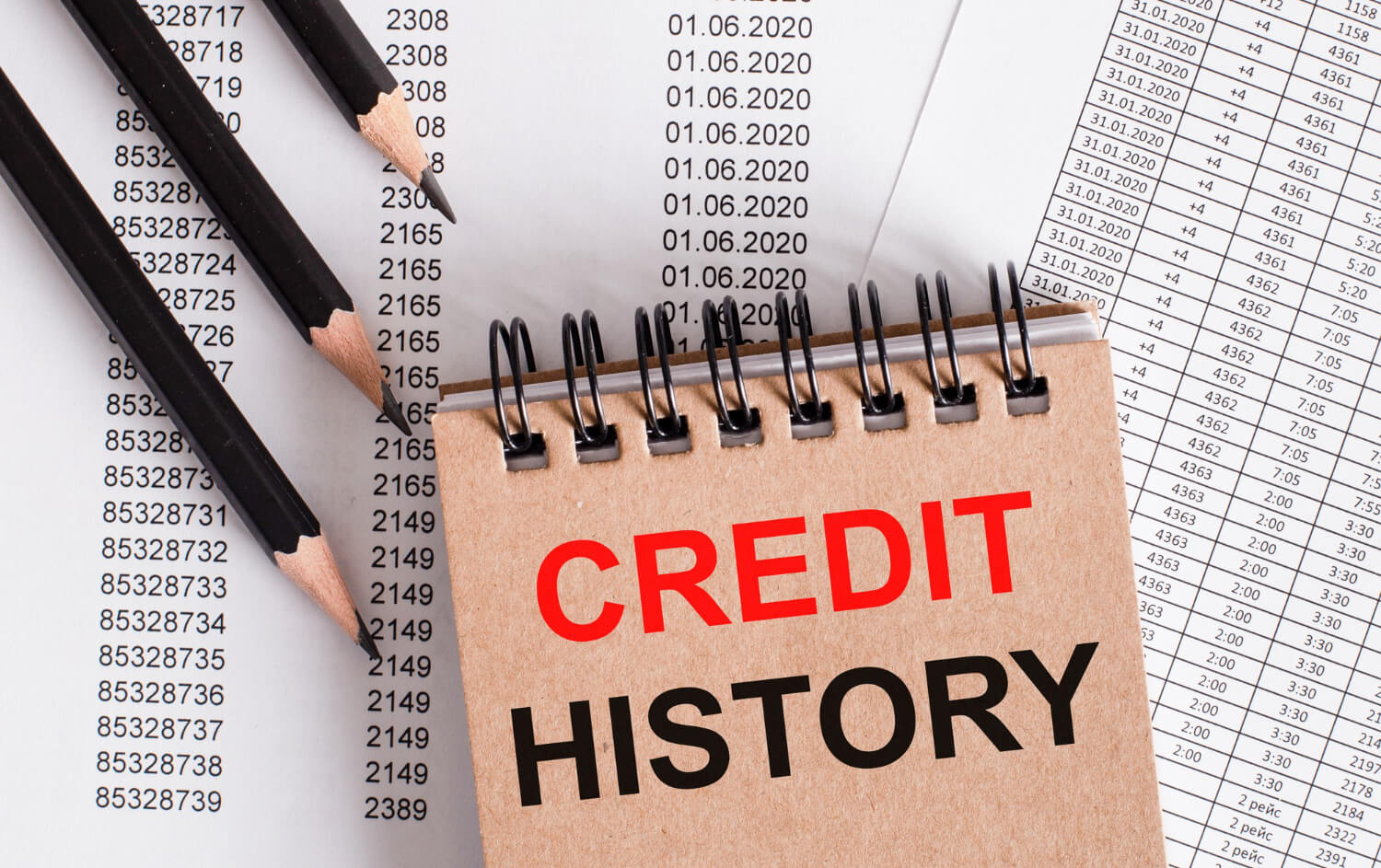When it comes to credit, time is your friend. The longer you’ve successfully managed credit accounts, the more confidence lenders have in your financial responsibility. That’s why the length of your credit history makes up about 15% of your credit score.
Why Credit History Matters
Your credit history tells lenders not just how you use credit, but for how long. A strong, lengthy credit history proves you can manage debt responsibly over many years. Even if you’ve had a few missteps, older accounts in good standing help balance your record.
Credit scoring models consider:
- The age of your oldest account
- The average age of all your accounts
- How long specific accounts have been active
The longer your accounts stay open and active, the stronger your overall credit profile becomes.
Smart Ways to Build a Long Credit History
- Keep Old Accounts Open
Even if you no longer use a credit card, keeping it open helps extend your credit age. Closing old accounts can shorten your history and lower your score. - Start Early
The sooner you open your first credit account (and manage it responsibly), the faster you can establish a long credit history. - Use Accounts Responsibly Over Time
Consistent, positive habits—like on-time payments and low utilization—are key to building long-term credit strength. - Become an Authorized User
If you’re new to credit, consider asking a family member with strong credit to add you as an authorized user on their card. Their account history can help strengthen your own credit profile.
Common Mistakes to Avoid
- Closing Your First Credit Card – Your oldest card is extremely valuable for credit history. Keep it open, even if you use it rarely.
- Constantly Switching Cards – While chasing rewards can be tempting, opening and closing too many accounts shortens your average account age.
- Neglecting Dormant Accounts – Use older accounts occasionally for small purchases, then pay them off. This keeps them active and reporting positively.
✅ Pro Tip: If you’re worried about old credit cards collecting annual fees, call your issuer and ask about switching to a no-annual-fee version. That way, you can keep the account open without paying extra.
Why Building a Long Credit History Pays Off
- Stronger Credit Scores – A long, positive history signals stability.
- Better Loan Approvals – Lenders trust borrowers with proven track records.
- Lower Interest Rates – Long-term reliability can unlock the best rates.
- Financial Reputation – A lengthy credit history shows responsibility, which benefits not just borrowing but also renting, insurance, and even job applications.
Bottom Line
A solid credit history isn’t built overnight—it’s built over years of responsible credit use. By keeping old accounts open, starting early, and using credit wisely, you create a financial track record that lenders and other institutions respect. Over time, this becomes one of the most powerful tools for achieving lasting financial freedom.









